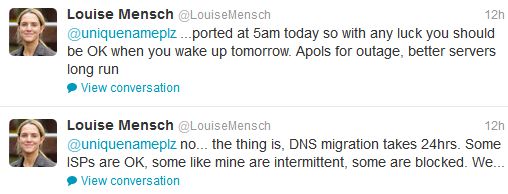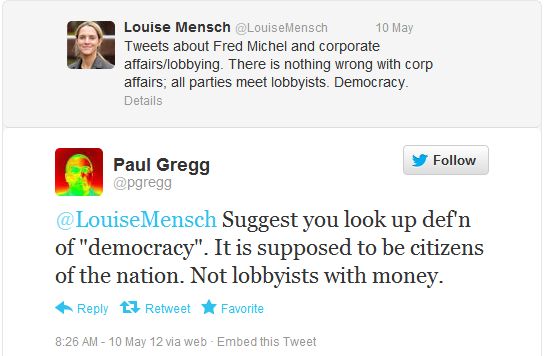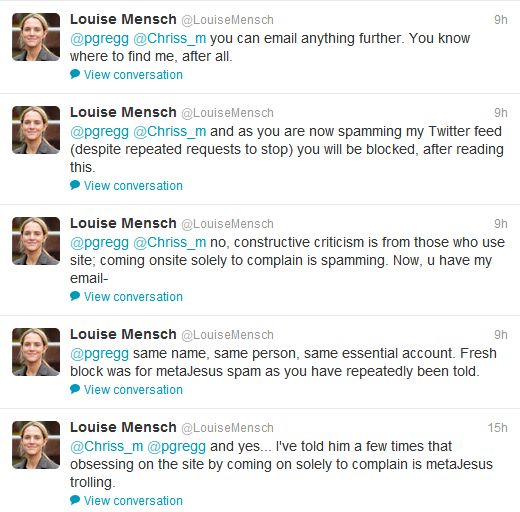
It is getting near that time of year when the world goes mad for the next revision of the iPhone.
That annual elation when the faithful can upgrade their awesome^H^H^H^H^H^H^H, sorry, now old and crappy iPhone 4S for the shiny new OMGOMGOMGOMG!!! NEW iPhone 5. And your life is complete.
On the other hand, there are those (I approximate, half the Apple citizens) who are mid-way through their 24 or 18 month contracts and are torn between needing that shiny new phone and buying out their contracts to get it, or having to suck it up and wait.
A few years ago, I would have agreed that the devices were getting exponentially better and there was a clear benefit to having the latest mobile device but I believe that is no longer true. The power of the devices are reaching a point where they can do almost anything you would want them to. Quad core CPUs – in your *phone*. I think the next huge leap will be in battery life, but, I digress.
Much like PC upgrade cycles. Businesses used to religiously replace their computers every 3 years. There was always a clear benefit to this and we all loved getting new computers because they were so much faster than the one before.
But that stopped being true* about 3 years ago (*unless you are a gamer). Word processing isn’t any faster, email isn’t faster, the Web isn’t faster. Generally speaking – the computer you bought 5 years ago is still pretty damn good.
Companies are realising this also and 3 year replacement cycles became 4 year replacement cycles mostly due to budget cuts. Then 4 years became 5 years as they noticed “hey, this still works great”. I believe the new standard PC replacement cycle will be 5 years. I think this was already true in the average home. As an aside, this business change is what is hurting the likes of Dell and HP right now.
So, back to our shiny mobile phones. Can this continue? I don’t believe so. There will come a time – and I think for Apple it will be 2013 – when the iPhone owners realise that their phone is still bloody awesome and the iPhone 6 isn’t such a great incremental step as before, and that maybe, just maybe, they don’t need this to complete their lives.
By 2015, I believe, I hope, that we will be happy with our devices and we won’t need to keep paying the annual upgrade tax just to have the latest shiny. The shiny in our pocket will be awesome, and it will remain so for a couple of years. We should be happy with our devices for at least 2 years – maybe 3.
We had a dotcom bubble. It burst in 2001. We had a financial bubble. It burst in 2008. We are in the middle of a mobile bubble. I believe it will burst in 2015.
None of the mobile device makers want this to happen. I’m not sure the phone companies would like it either – they still want to extract their £35 or $50 per month out of you for the next 24 months. But you, the consumer, the guy with the cash in his pocket, should care. You are paying £800 or $1200 every two years for that shiny slab of metal in your pocket. You probably wouldn’t spend that on your primary computer that could last 5 years.
Disclaimer, I use a 2.5 year old HTC Desire that is just begging to be upgraded – but I’m holding off as best I can to see what happens post iPhone 5 in the market. I aim to choose a phone that will last me 3 years. And if there can be any encouragement, it is this. I’m only paying £10 ($16) per month for all my minutes, texts and unlimited data plan.













